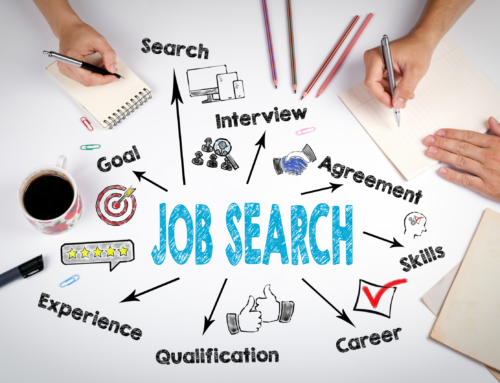I was speaking to a candidate the other day and listening to the story as to why they’d like to change jobs.
Their story went something like this: “the culture has changed somewhat, and my new boss has a style of working that just doesn’t sit right with me, our values seem to be at odds, I’m just not enjoying work anymore”.
Their next stage was interesting, they started to look at what they’re actually doing for work and tasks that they didn’t enjoy about the job started to stand out, let’s call it confirmation bias, I don’t like my job. So now the things they don’t like about the job are standing out while they are clashing with personalities and values.
It’s not going to end well.
The escalation of thoughts and feelings leads them to conclude it’s time to leave. They know what they don’t want, but have not considered what they do want, and the one thing about running away from something is that it doesn’t matter which way you run. Additionally, if you don’t know which direction you’re running in, how can anyone else help you? This is where the problem kicks in, having no direction means there is no clear purpose or goals which results in a mental stalemate. They now feel they’re stuck in a job they hate without any way out.
Many of us have run away from one job just to find ourselves drifting or in a role the same or worse than when we started. If you ever find yourself in this position, where you are focusing on running away from a problem rather than moving towards something with purpose and direction, it’s time to STOP and first review your career and career decisions. Get some help, ask yourself the hard questions and set a direction.
The direction does not need to be perfect, you can always readjust.
Once you have a direction, your actions, decisions, research, networking alignment and self-assessment all start to have meaning and will accelerate you into the next quality role, rather than just finding yourself anywhere, as long as it isn’t where you started.
The best way to grow as you make career decisions is to know where you’re going or where you want to go regardless of the catalyst for change, otherwise you may find yourself rudderless and floundering.














Dr Susan Roberts says: